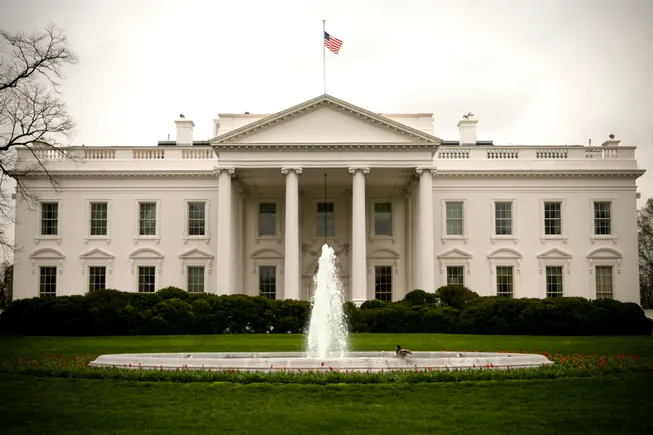Bristol Myers CAR-T therapy cleared by FDA for earlier lymphoma use


The Food and Drug Administration on Friday approved a cancer cell therapy from Bristol Myers Squibb for earlier treatment of a common type of lymphoma, expanding the number of patients who could potentially receive the personalized drug.
The agency cleared Bristol Myers’ therapy, sold as Breyanzi, for patients whose large B-cell lymphoma is refractory to initial treatment or who relapse within a year, as well as those with relapsed or refractory disease who aren’t eligible for a stem cell transplant.
The FDA’s decision comes a little more than two months after the regulator granted a similar clearance to Gilead’s competing cell therapy Yescarta.
Until this year, use of these cellular drugs, called CAR-T therapies, was limited to only after multiple other treatments failed to control patients’ lymphoma. The approvals for Yescarta and Breyanzi make CAR-T available in the “second-line” setting, or following initial treatment.
Clinical testing showed both Yescarta and Breyanzi significantly outperformed chemotherapy and a stem cell transplant, considered standard of care for decades. In the trial run by Bristol Myers called Transform, Breyanzi reduced the risk of an “event” — cancer progression, subsequent treatment or death — by 65% versus chemo and transplantation. Breyanzi-treated patients went a median of 10 months without an event, compared to about two months for those in the control group, results showed.
The advancement of each therapy into earlier treatment lines, a larger market opportunity, could help change the narrative surrounding CAR-T treatments, sales of which have been slow to develop. Breyanzi has netted Bristol Myers $84 million since its launch last year while sales of Yescarta, which was first approved in 2017, totaled $695 million in 2021.
Wall Street analysts have projected that second-line use in lymphoma could bring those numbers over $1 billion annually. Some 30% to 40% of patients relapse after initial treatment, and roughly half of them aren’t eligible for a stem cell transplant, said Nick Botwood, Bristol Myers’ head of U.S. medical affairs, in an interview.
“It’s a significant advancement over the standard of care,” Botwood added.
Yet, like Gilead, Bristol Myers will face challenges. While the combination of chemo and transplants often isn’t curative and causes several side effects, CAR-T treatments have toxicities as well — most notably, neurological and immune-related problems — and their administration is mostly limited to academic centers.
Broader use could renew debates about the price of the complex treatments, too. Breyanzi costs $410,000 and Yescarta $373,000, list prices that are meant to reflect their potentially long-lasting benefits. The treatments can also take weeks to manufacture, during which time patients may need another therapy or become too sick to receive CAR-T.
Bristol Myers, for instance, needs 24 to 33 days to make Breyanzi, according to Botwood. Gilead can produce Yescarta in less time, but still requires about two to three weeks. Each of them aim to do better, part of a broader effort to shorten CAR-T manufacturing times.
“Based on the progress we’ve been making to date, we’re confident our capacity will expand into the latter half of the year,” Botwood said. “We’re very much focused on continuous improvement.”
In the meantime, one factor in Bristol Myers’ favor is Breyanzi’s safety profile. Rates of a potentially deadly immune response associated with CAR-T therapy were lower than what’s been observed with other treatments, including Yescarta. And while its label requires patients to remain near treatment centers at least four weeks after an infusion, it also includes some leeway for outpatient use.
Bristol Myers obtained Breyanzi through its buyout of Celgene, which acquired the treatment’s original developer, Juno Therapeutics, in 2018. The company also sells a second cell therapy, a multiple myeloma treatment called Abecma, that was originally developed by Bluebird bio.
This post has been syndicated from a third-party source. View the original article here.




